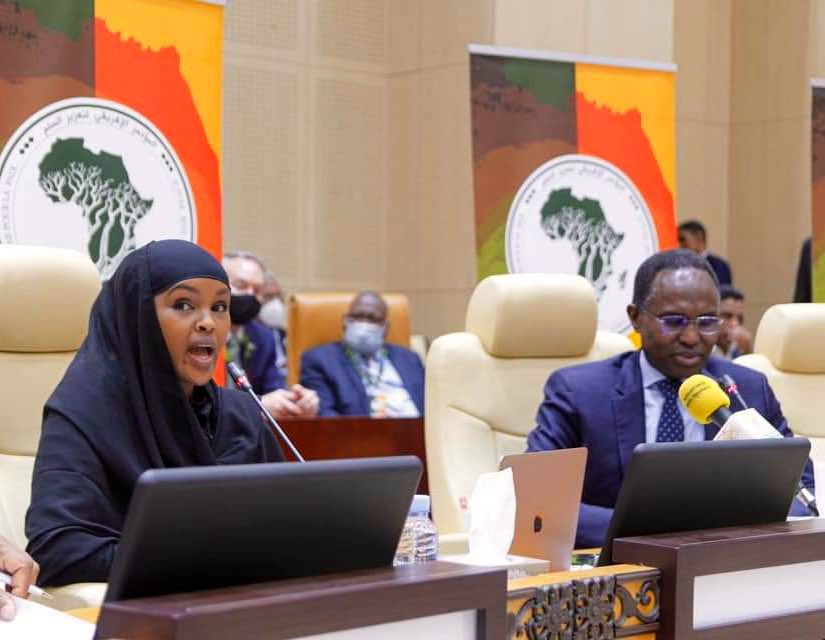African Conference for Peace Creates Space for Dialogue and Reconciliation
The Network for Religious and Traditional Peacemakers attended the second African Conference for Peace under the theme entitled, “Spreading Peace in the World.” Convened by the Government of Mauritania and the Forum for Promoting Peace, the Conference aimed to create space for dialogue and reconciliation between African religious leaders and faith actors; craft African responses to violence and extremism; and was a follow-up to the first Conference held in 2020, which created the Nouakchott Declaration, calling for “devising enlightened solutions…based on African cultures and heritage.”

The three-day Conference brought together over 250 leaders and actors, including neighboring heads of state and ministers, religious and traditional actors, UN Officials, academic scholars, and women and youth activists. The discussions and diverse set of actors present demonstrated the relevance of the topic and the issues affecting African societies. Moreover, it also reflected the value and trust that Africans place on religious leaders and actors in promoting peace and development in their communities.
Network Executive Director, Dr. Mohamed Elsanousi moderated an interactive session titled “Youth Dialogue,” which showcased concerns of youth, best practices, and opportunities and challenges that youth face when engaging government officials in policymaking.
Ilwad Elman, Elman Peace Foundation, lamented that “youth continue to be underrepresented in important spaces that define their future.” She exemplified her point with the example that youth are often the main actors in fighting wars, however, they are often missing in drafting policies and legislation.
US Ambassador at Large for International Religious Freedom, Rashad Hussein, highlighted that young people are eager to respond to social issues but are often engaged only through the lens of “securitization.” There was a broad consensus among all the speakers that more investment is needed to create space for youth to influence policies that can bring change.
The Conference concluded recommendations to create committees for dialogue, reconciliations, and development, form educational committees to prepare educational programs to combat the ideas of violent extremism, and continue to identify new and innovative mechanisms to support local communities.
